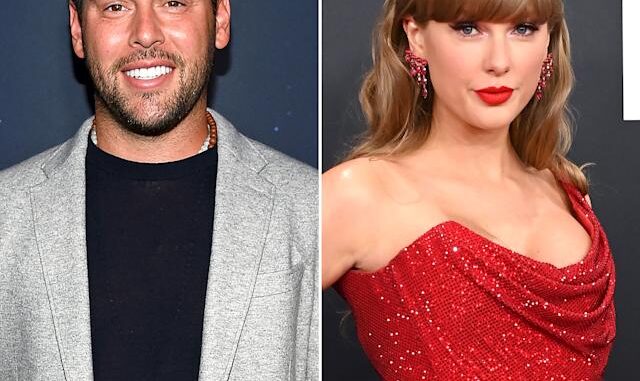
In a surprising turn, music manager Scooter Braun has publicly addressed his past purchase of Taylor Swift’s master recordings, a move that sparked one of the most publicized feuds in modern music history. Speaking candidly, Braun stated that he genuinely wishes Swift “the best,” while reflecting on how the controversy reshaped his approach to business and artist relations.
The saga began in 2019 when Braun’s company acquired Big Machine Label Group, instantly giving him control of Swift’s early catalog. Swift, who had long been vocal about the importance of artists owning their work, condemned the sale and accused Braun of using her music as leverage. The dispute dominated headlines for months, highlighting deep-rooted tensions in the music industry over ownership rights.
Until now, Braun has largely remained defensive about the deal. However, his latest remarks mark a noticeable shift in tone. Instead of revisiting the bitterness, Braun suggested he has no ill will toward Swift, emphasizing that he “respects her passion” and admires her ability to take control of her narrative. He also admitted that the backlash taught him hard lessons about transparency and communication.
Although Swift has not responded directly to Braun’s latest comments, her actions speak louder than any public statement. Her ongoing project to re-record her first six albums, dubbed “Taylor’s Version,” has been a massive success, earning commercial triumph and fan devotion. Each release not only reclaims her artistic identity but also undermines the value of the masters Braun once acquired.
Music industry analysts see Braun’s statement as a strategic move. By softening his stance, he may be seeking to repair his public image, which took significant damage during the feud. Some believe this newfound diplomacy reflects the shifting balance of power in the industry, where artists now hold unprecedented influence thanks to streaming platforms and direct fan engagement.
Regardless of Braun’s current position, the feud undeniably altered the conversation around artist rights. Swift’s battle became a rallying point for musicians advocating for greater ownership and control over their work. Industry insiders note that more artists are negotiating contracts with ownership clauses inspired by Swift’s stance.
While the bitterness of the past may never fully fade, Braun’s remarks hint at the possibility of closure—or at least coexistence. As Swift continues her historic re-recordings and Braun manages some of the biggest names in entertainment, both remain key figures shaping the future of music. If nothing else, their clash served as a wake-up call that the power dynamics in the industry are shifting—and that artists today hold more leverage than ever before.

Leave a Reply